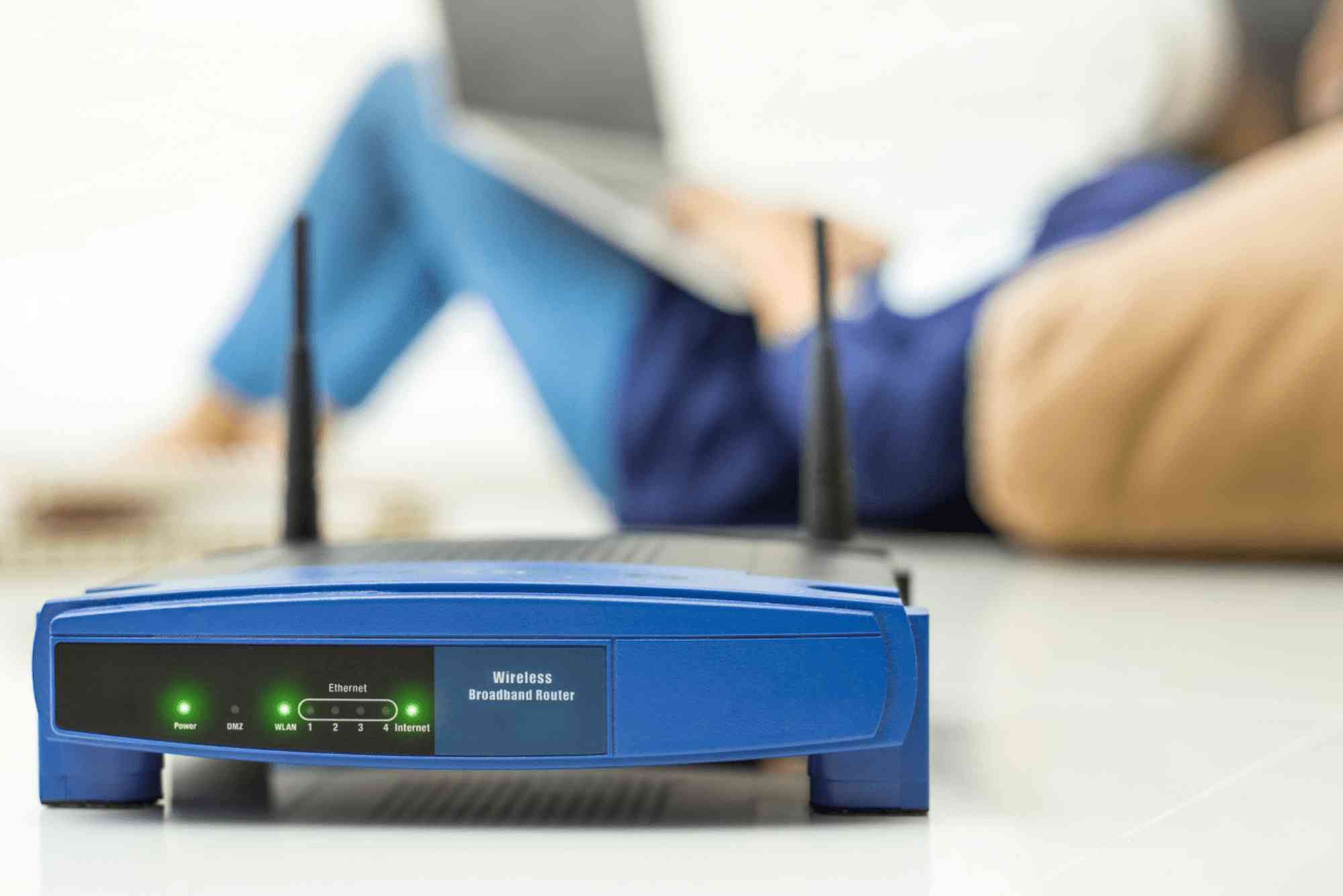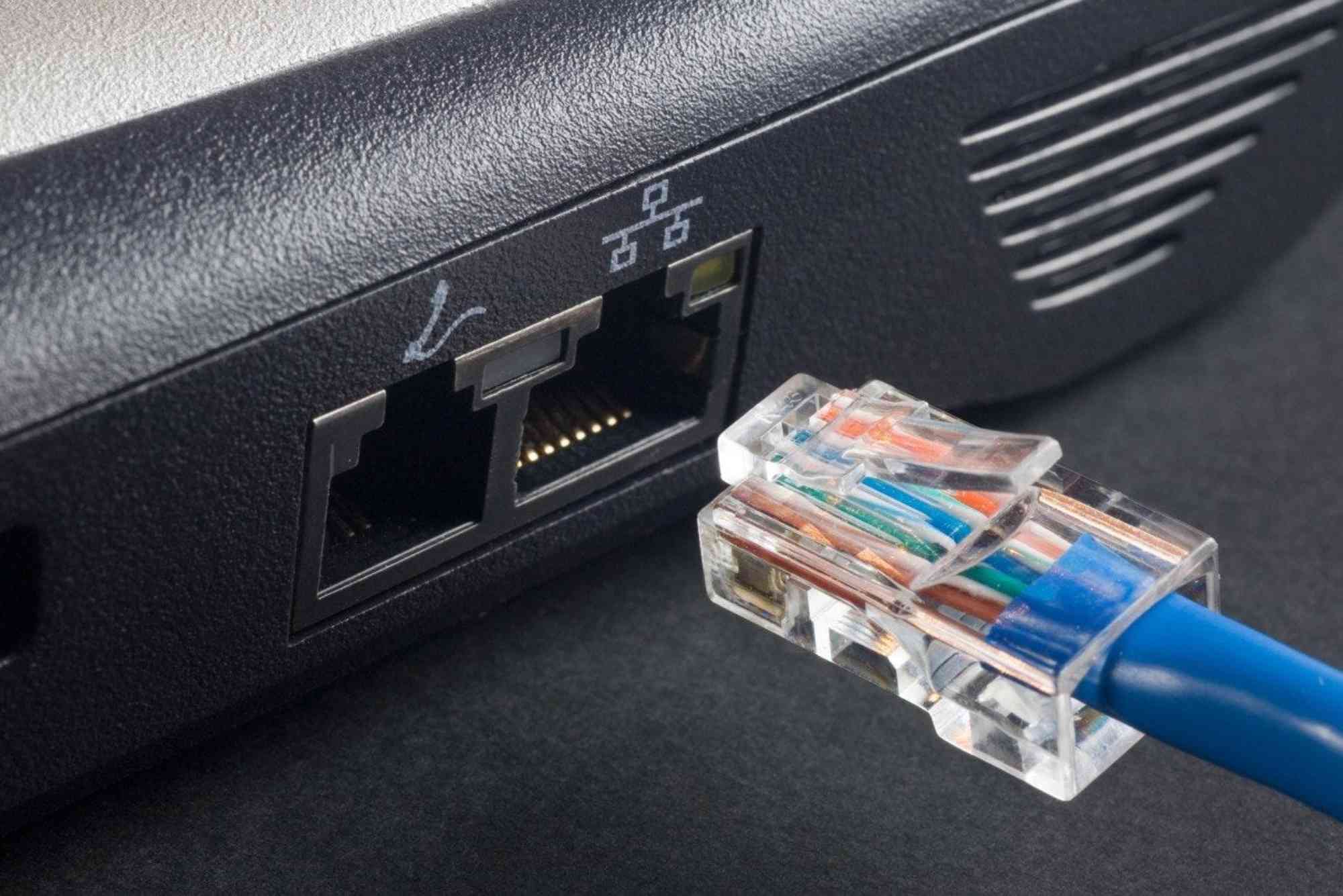Are Wi-Fi Range Extenders Compatible With Mesh Networks?
Reliable internet has become as essential as electricity in modern homes. Many people use Wi-Fi range extenders to eliminate dead zones, while others rely on mesh networks for seamless coverage. But what if you already own a range extender and are considering upgrading to mesh? This raises a critical question: what is Wi-Fi range extender mesh compatibility, and can both systems work together effectively?
In this article, we’ll explore the relationship between Wi-Fi range extenders and mesh systems, highlight compatibility concerns, and provide practical guidance for homeowners and businesses seeking the best connectivity.
Understanding Wi-Fi Range Extenders and Mesh Networks
Before diving into compatibility, it’s important to understand how each device works.
How Wi-Fi Range Extenders Function
A Wi-Fi range extender amplifies your router’s existing signal and rebroadcasts it to areas with weak coverage. It essentially creates a second network, which devices can connect to when the primary router signal drops. Extenders are easy to set up but sometimes result in speed reduction due to signal retransmission.
How Mesh Networks Function
Mesh systems, on the other hand, consist of multiple nodes strategically placed around your home. Unlike extenders, each node communicates with others using advanced protocols, creating a single unified network. This eliminates the need to switch networks manually and usually provides more consistent speeds.
The Core of Wi-Fi Range Extender Mesh Compatibility
So, are they compatible? The answer is nuanced. Generally, Wi-Fi range extenders can connect to a mesh router, but their performance may not align with mesh technology’s seamless design.
Why Compatibility Is Limited
Mesh networks use proprietary communication between nodes. When a standard range extender connects, it often cannot integrate into the node-to-node communication. Instead, it behaves as a separate device, which can break the seamless roaming experience mesh promises.
When Compatibility Works
If your mesh router has extender-friendly features, you may connect an extender without major issues. For example, many dual-band routers allow extenders to use the 2.4 GHz band while mesh nodes handle higher-band traffic. However, performance might still lag compared to an all-mesh setup.
Pros and Cons of Combining Mesh and Extenders
To decide whether to combine the two, consider the benefits and drawbacks.
Advantages
- Extenders may cover hard-to-reach zones where mesh nodes struggle.
- They offer a budget-friendly option if you already own one.
- Some extenders are optimized to work with specific mesh brands.
Disadvantages
- You may lose the seamless roaming feature that defines mesh.
- Speed drops can occur when switching between extender and mesh nodes.
- Setup may require manual adjustments, making troubleshooting complex.
Best Practices for Using Wi-Fi Range Extenders With Mesh
If you still want to combine both, here are practical steps.
Place Extenders Strategically
Avoid putting an extender too far from a mesh node. Place it midway between the router and the dead zone.
Match Wi-Fi Standards
Ensure the extender supports the same Wi-Fi standard (like Wi-Fi 5 or Wi-Fi 6) as your mesh system. Compatibility is stronger when both use modern protocols.
Use Manufacturer-Specific Extenders
Some mesh brands sell extenders designed for their system. These often integrate better, reducing disruptions.
Monitor Network Performance
After installation, check for speed drops and connection issues. If problems persist, replacing the extender with an extra mesh node may be more effective.
Alternatives to Using Extenders With Mesh
If compatibility issues become frustrating, consider alternatives.
Add More Mesh Nodes
Adding nodes ensures a seamless experience without the risks of extender interference. It may cost more but guarantees consistency.
Powerline Adapters
These use your home’s electrical wiring to extend internet access. While not perfect, they can serve areas where mesh and extenders struggle.
Upgrading Your Router
Sometimes, the root issue is an outdated router. A modern router paired with mesh may eliminate the need for extenders altogether.
Real-Life Example of Wi-Fi Range Extender Mesh Compatibility
Consider a household with a three-story building. A mesh system covers most of the home, but the basement remains weak. Instead of buying another expensive node, the homeowner installs a Wi-Fi extender. While the extender provides basic connectivity in the basement, it doesn’t offer the seamless handoff the mesh nodes provide upstairs. This demonstrates that compatibility exists but often with limitations.
Expert Recommendation
Based on performance tests and real-world usage, mesh works best with additional nodes rather than extenders. However, if budget constraints exist, using an extender can be a temporary solution. Still, for long-term stability and speed, investing in a full mesh ecosystem is recommended.
FAQs
Can I use a Wi-Fi range extender with a mesh network?
Yes, but the extender may not fully integrate. It can provide coverage, but you may lose seamless roaming benefits.
Does using an extender with mesh slow down internet speed?
It often does. Extenders rebroadcast signals, which can cut speed by up to 50%. Mesh nodes avoid this issue.
Is it better to buy another mesh node or use an extender?
Another mesh node is better for performance and reliability. An extender is only recommended as a short-term fix.
Do all mesh systems support extenders?
Not always. Some mesh systems restrict third-party extenders, while others allow basic connections. Check manufacturer guidelines.
What’s the cheapest way to extend Wi-Fi in a mesh network?
Using an extender is cheaper than buying a new mesh node, but it may compromise speed and stability.
The debate around Wi-Fi range extender mesh compatibility often comes down to cost versus performance. While extenders can technically work with mesh, they rarely match the seamless and efficient experience mesh technology promises. If you need a temporary boost, an extender may suffice. But for long-term solutions, additional mesh nodes or professional upgrades are the smarter choice.
If you’re seeking reliable internet solutions tailored to your needs, explore Dhanote Internet Services for expert guidance and connectivity options.







